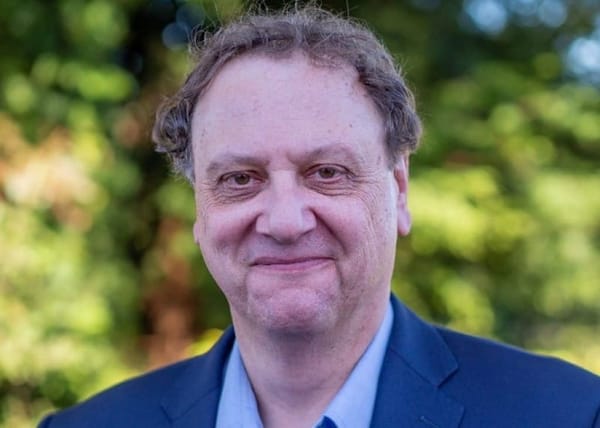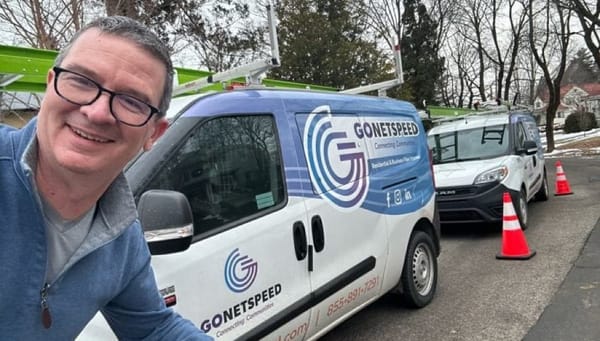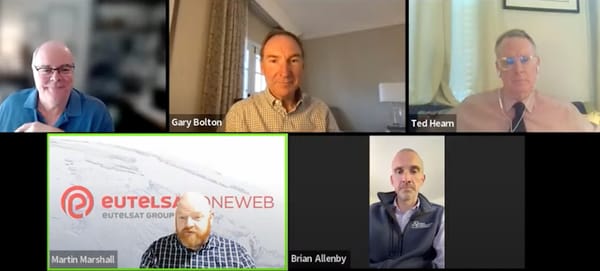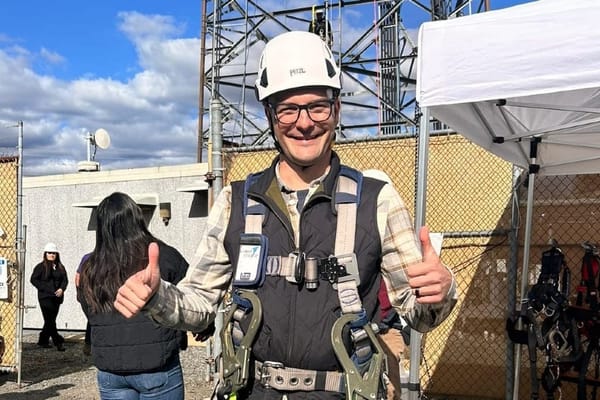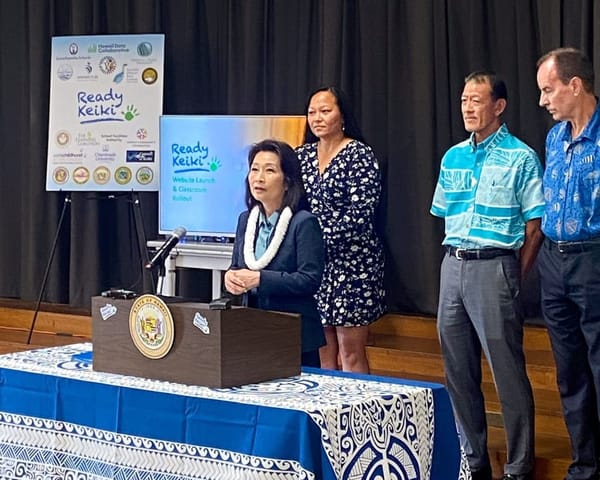Industry Groups Continue to Disagree on Pole Attachments Ahead of BEAD
Telecoms and utility companies want each other to pay for pole replacements.
Jake Neenan
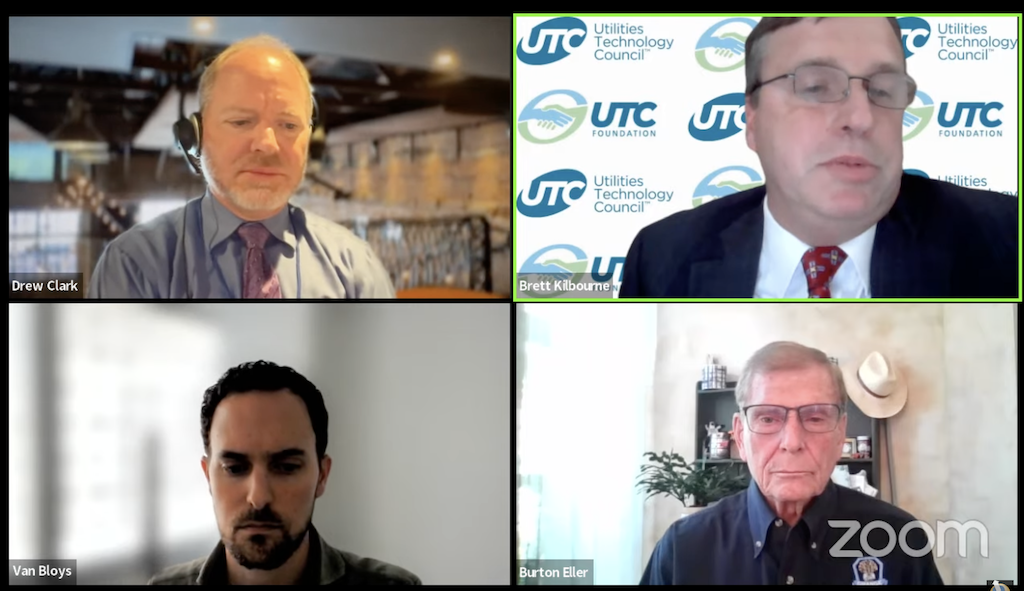
WASHINGTON, October 4, 2023 – Representatives from broadband and utility company trade groups disagreed on pole attachment issues at a Broadband Breakfast Live Online event on Wednesday.
When a broadband provider wants to deploy infrastructure like fiber cable, it often must attach it to poles owned by incumbent utility companies. Those poles need to be prepared for the new attachment, which sometimes involves replacing the entire pole either for structural or zoning reasons.
The cost for those replacements, said Brett Kilbourne, general counsel at the utility company trade group Utilities Technology Council, should be shouldered by broadband providers.
“The utility would not have incurred these costs but for the third-party attachment,” he said, adding that “it makes perfect sense” for pole owners to allocate the replacement costs entirely to those third parties.
The Federal Communications Commission has authority under a 1996 law to set the terms of pole attachment deals between investor-owned utilities and potential attachers, unless a state decides to step in and pass its own legislation on pole attachments. Its standing policy is to allow pole owners to require that attachers pay in full for any necessary pole replacements.
That is unfair because pole owners benefit from attachers putting in new poles, said Van Bloys, managing counsel at Crown Castle, a broadband provider and member of tech trade group INCOMPAS.
Pole owners are “getting a newer, stronger, taller pole” when attachers add their equipment, he said. “It makes the network more reliable.”
This debate has been ongoing for years. In 2022 the FCC requested comments on implementing a cost sharing regime, but has not moved on the issue since.
Over a dozen telecom companies urged the commission in April to issue rules before projects funded by the $42.5 billion Broadband Equity, Access and Deployment program break ground.
That money, spawned by the 2021 Infrastructure Act, was allocated in June. States have until December 27 to submit initial proposals for administering the funds.
Bloys echoed the concerns raised in April, saying that high pole replacement costs could be a barrier to BEAD projects.
“We’re being asked to replace poles at $10,000 or more per pole, and it doesn’t comport with the budget,” he said. Large companies like his will ultimately be able to complete those builds, but for smaller broadband providers, he said, “it’s a lot harder to justify those costs.”
Kilbourne rejected that characterization, saying UTC members work with broadband providers and approve attachment applications they would normally deny on the basis of unnecessary pole replacements, all for the sake of expanding internet access.
“We’re kind of miffed that all of a sudden it’s being raised as a barrier for broadband,” he said.
Our Broadband Breakfast Live Online events take place on Wednesday at 12 Noon ET. Watch the event on Broadband Breakfast, or REGISTER HERE to join the conversation.

Wednesday, October 4, 2023 – Permitting Reforms and Pole Attachments
Recent public and private investments in broadband, including the more than $40 billion allocated through the Broadband Equity, Access and Deployment grant program will play a significant role in helping bridge our country’s digital divide. We must now ensure these funds are used most efficiently and effectively to bring connectivity to our unserved friends and neighbors. While policymakers are working to lift barriers that hinder broadband deployment, such as permitting reform, other barriers remain sidelined, such as pole access. This special session will discuss steps we can take today to maximize broadband funds and accelerate broadband access for rural and unserved communities.
Panelists
- Van Bloys, Managing Counsel at Crown Castle
- Burton Eller, Executive Director, Grange Advocacy, National Grange
- Brett Kilbourne, Senior Vice President and General Counsel, Utilities Technology Council
- Other panelists have been invited
- Drew Clark (moderator), Editor and Publisher, Broadband Breakfast
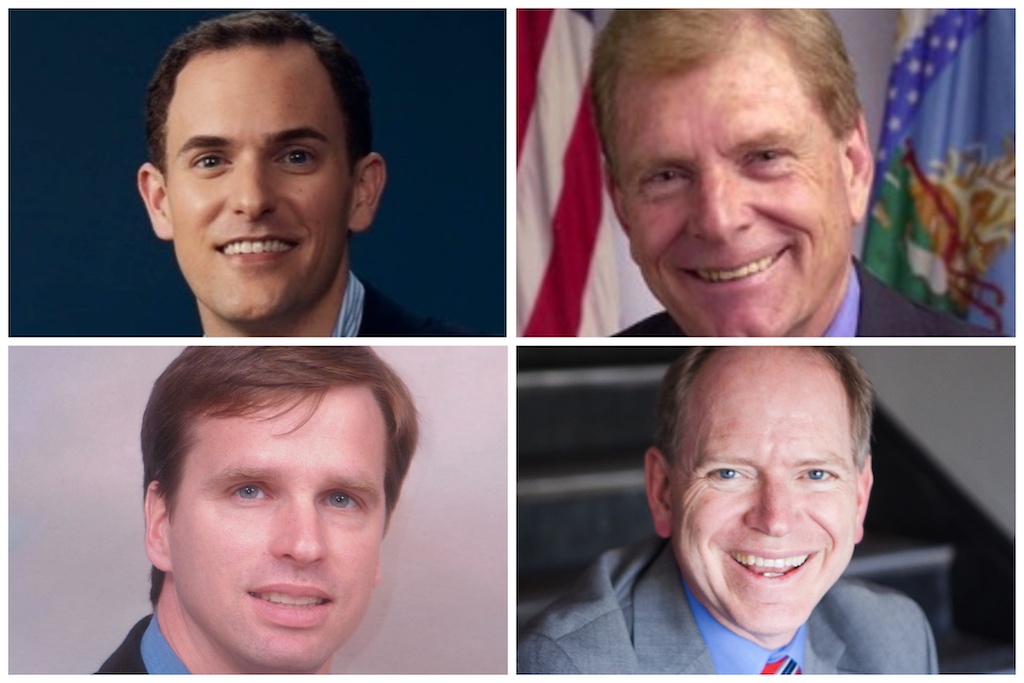
Van Bloys is Managing Counsel at Crown Castle, where he advises the company on utility infrastructure siting issues nationwide. Van is well versed in laws governing the deployment of wireline and wireless telecommunications facilities, including pole attachments and small cell siting, and works together with utilities, jurisdictions, and other entities to ensure the safe and reliable deployment of facilities in the right-of-way. Prior to joining Crown Castle, he was an associate at Davis Wright Tremaine LLP and counsel to the Wireless Infrastructure Association.
Burton Eller is the Executive Director of Grange Advocacy for the National Grange, and he works to see policies implemented in Washington each and every day. Eller has a career-long involvement in the development of grassroots advocacy. Since 1867, the National Grange has worked to improve the lives of rural Americans by ensuring that they enjoy the same access to quality goods and services as their urban counterparts.
Brett Kilbourne is Senior Vice President and General Counsel at the Utilities Technology Council, where he provides legal guidance to utilities on telecommunications issues both pending before federal and state agencies and being considered in Congress. UTC is the national representative on telecommunications matters for its electric, gas and water utilities and natural gas pipeline company members, which range in size from large combination electric-gas-water utilities which serve millions of customers, to smaller, rural electric cooperatives and water districts which serve only a few thousand customers each. Brett is a member of the American Bar Association and the Federal Communications Bar Association.
Breakfast Media LLC CEO Drew Clark has led the Broadband Breakfast community since 2008. An early proponent of better broadband, better lives, he initially founded the Broadband Census crowdsourcing campaign for broadband data. As Editor and Publisher, Clark presides over the leading media company advocating for higher-capacity internet everywhere through topical, timely and intelligent coverage. Clark also served as head of the Partnership for a Connected Illinois, a state broadband initiative
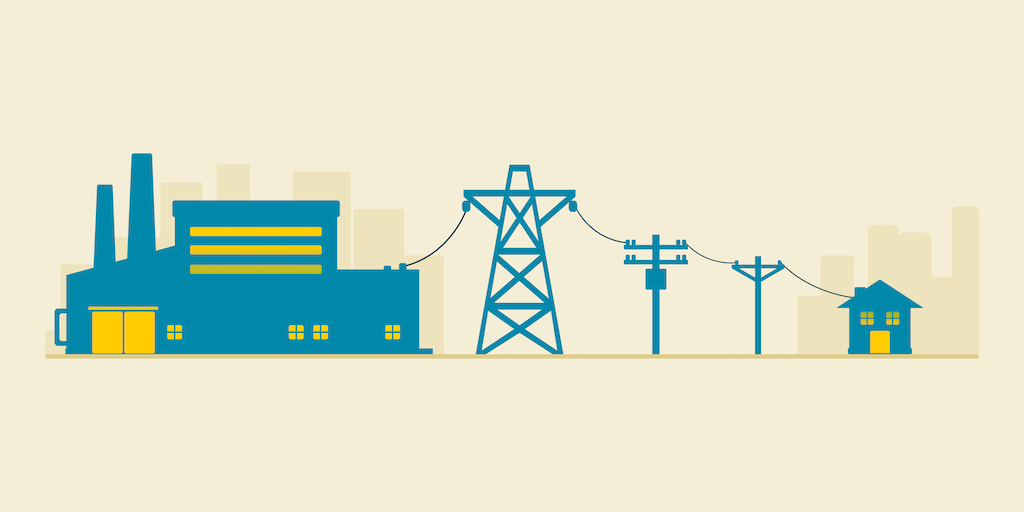
WATCH HERE, or on YouTube, Twitter and Facebook.
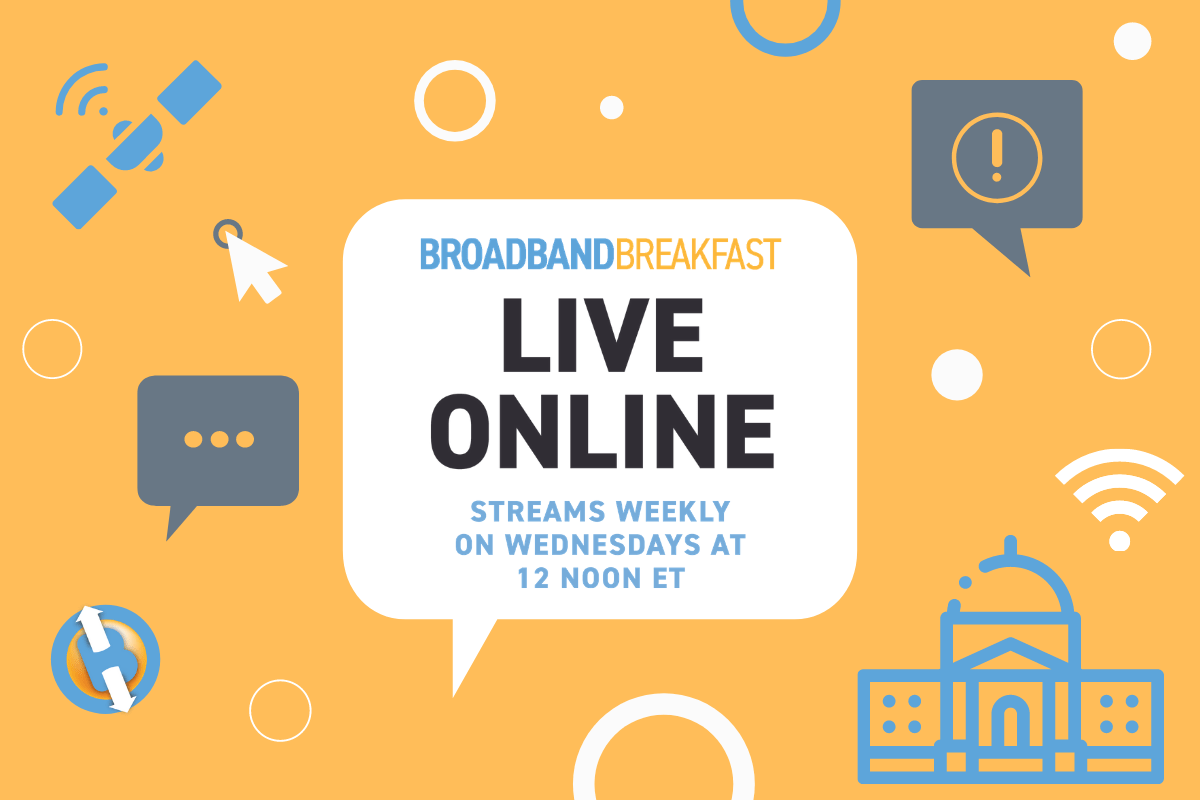
As with all Broadband Breakfast Live Online events, the FREE webcasts will take place at 12 Noon ET on Wednesday.
SUBSCRIBE to the Broadband Breakfast YouTube channel. That way, you will be notified when events go live. Watch on YouTube, Twitter and Facebook.
See a complete list of upcoming and past Broadband Breakfast Live Online events.



